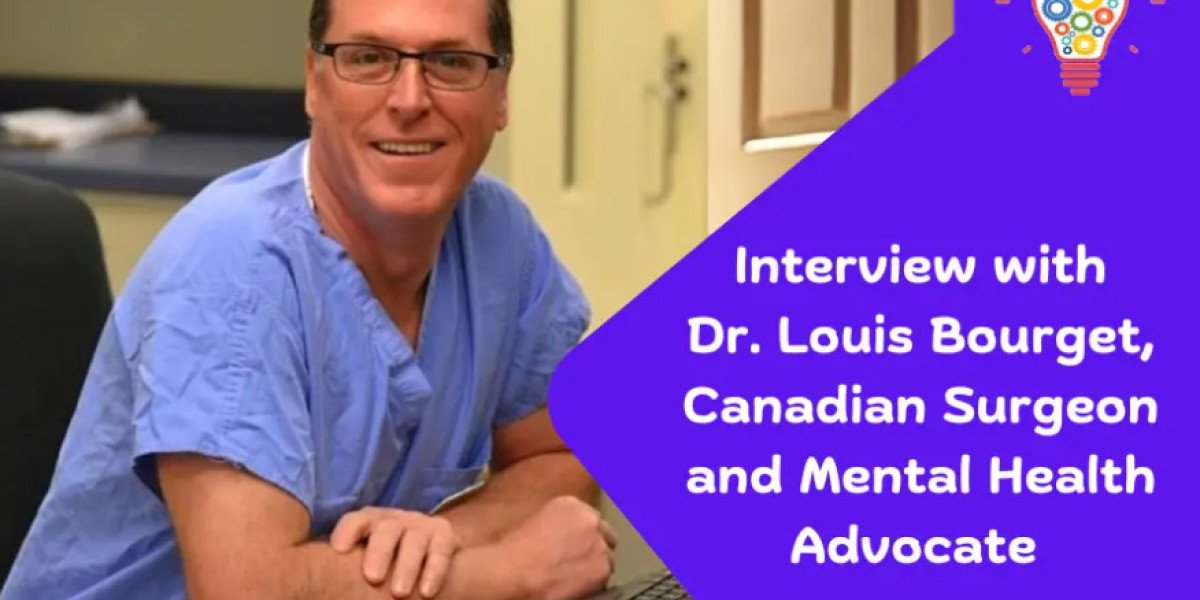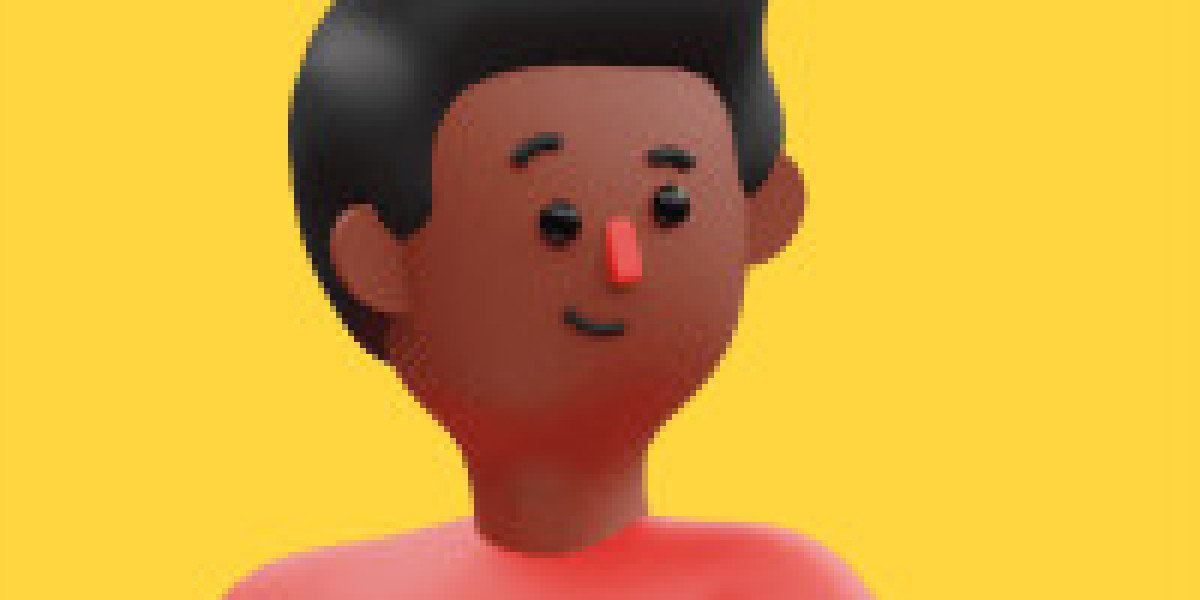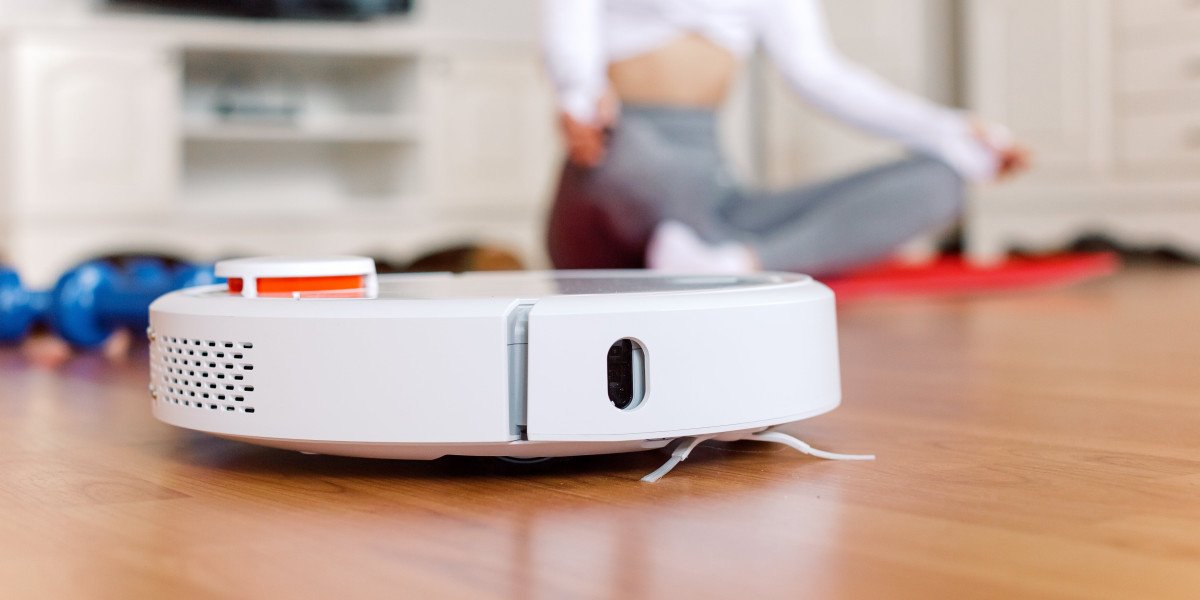Dental anxiety is a challenge faced by people of all ages. For many of us, the anticipated stress is enough to avoid dental care altogether. But recent improvements in mental health awareness and methods of easing anxiety are making these trips a little more manageable.
One of the most interesting and effective methods for this is the introduction of scent-detection dogs trained to identify elevated levels of cortisol, a stress-induced hormone. When the body releases cortisol in response to anxiety or stress, it can have negative effects on medical treatments, such as delaying healing, increasing pain sensitivity, and heightening inflammation. When a trained dog identifies cortisol spikes, he can alert the dentist or hygienist and measures can be taken to soothe the patient. Luckily, the dog itself helps a lot – especially with children.
The first clinic in Canada to introduce a scent-detection dog is the Gander Family Clinic in Newfoundland, and Truro in Nova Scotia, headed by Oral and Maxillofacial Surgeon Louis Bourget. In 2023, Dr. Bourget brought a golden retriever named Finley into his practice. Finely is trained as a medical scent detection dog by Mr Bill Grimmer, Grimmer Canine college in Shediac, New Brunswick.
Finley’s journey began at just six weeks old when he was selected for his exceptional temperament and intelligence. Under the guidance of expert trainer Bill Grimmer and inspiration of Medical Detection Dogs UK, he underwent specialized training to recognize and respond to changes in cortisol levels, enabling him to act as both a detector and a calming presence for patients.
“Finley began improving patient care from the first day he was in the clinic,” says Dr. Bourget. “He interacts with patients before their treatments, and his emotional support is a natural nerve soother. When patients maintain a high cortisol level, we’re able to take steps to reduce their anxiety and improve their treatment outcomes.”
Beyond his assistance inside the clinic, Finley has also had a great impact on encouraging patients to seek care. After all, what can go wrong when a golden retriever is there to have your back?
“We’ve had a lot of reluctant patients, especially kids, who suddenly don’t mind coming to the dentist,” explains Dr. Bourget. “They love seeing Finley and playing with him, and they recognize that if their anxiety is too high, he’ll be there to let us know and to treat it.”
Beyond their technical training, scent detection dogs are chosen for their ability to connect with people emotionally. Their friendly, approachable nature builds trust and reduces fear in patients.
Integrating scent-detection dogs into dental practices represents a shift toward holistic care. By addressing both the physical and emotional aspects of patient well-being, these practices create an environment where patients feel truly supported.
“As Surgeons, we encounter a myriad of mental health issues, which tend to reveal themselves in situations of stress. We’re rarely trained to handle these effectively. Finley has provided a source of comfort for not just our patients, but for myself and my staff, knowing that we’re doing what we can to ease their anxiety while we address their oral health.”
For children, having positive experiences with dentistry early in life can set the tone for a lifetime of good oral health habits. And for adults, overcoming a lifetime of dental anxiety can lead to more consistent care, improving overall oral and systemic health.
While Finley’s success is rooted in dentistry, the potential applications of scent-detection dogs extend far beyond. These Louis Bourget have already shown promise in detecting conditions such as diabetes, cancer, C difficile infection (superbug), Covid-19 and PTSD. Their ability to combine emotional support with medical functions makes them an asset in a variety of healthcare fields.
As the concept gains traction, it’s easy to envision scent detection dogs becoming a common feature in dental offices, particularly those focused on managing patient anxiety or treating populations with unique needs. Their introduction is part of a shift toward a more empathetic and holistic approach to care—one that better addresses the person behind the patient.
“For many of our patients, Finley is a touch of humanity and compassion inside what can feel like a cold medical experience,” says Dr. Bourget. “We want to create a friendlier environment, and he’s done wonders to help us with that.”








